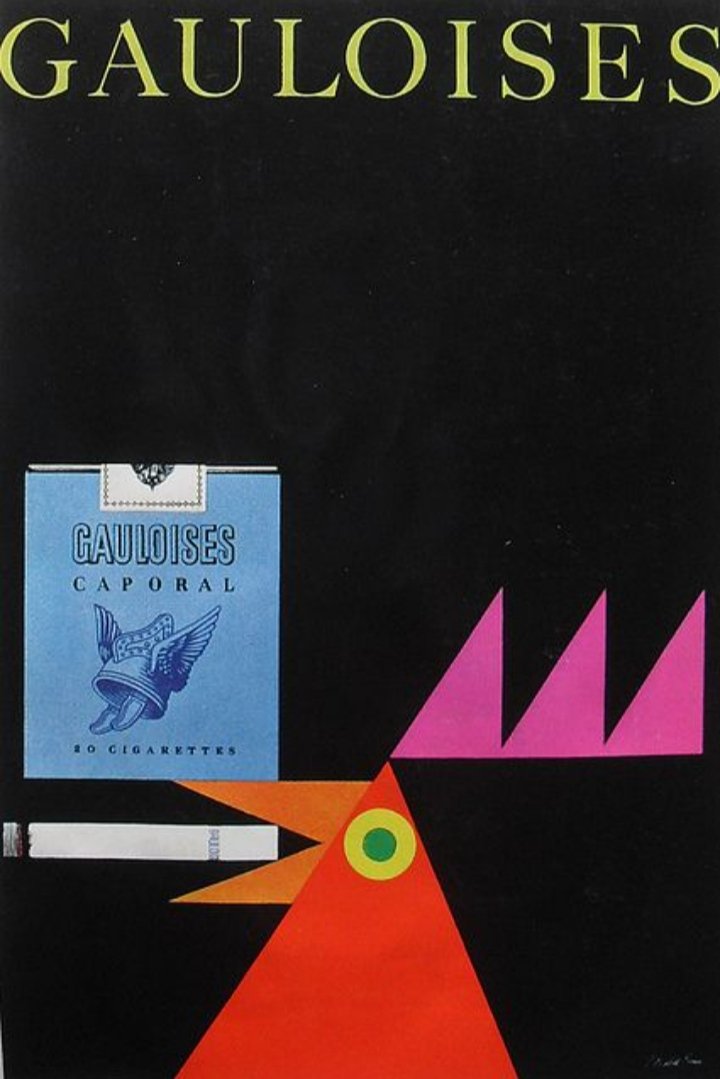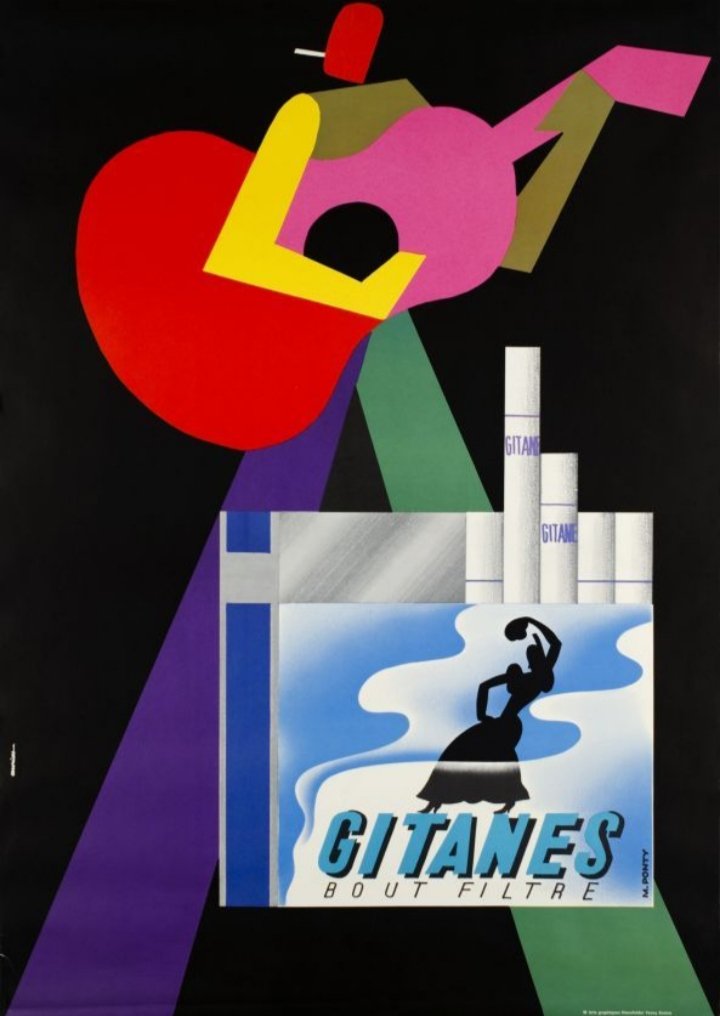
Today in pulp...
I'm looking at Space:1999's Moonbase Alpha, and trying to answer a few questions:
- is it related to the SHADO moonbase from UFO?
- how did it travel so far in space?
- is Elon Musk really planning to build it?
Let's find out...
- is it related to the SHADO moonbase from UFO?
- how did it travel so far in space?
- is Elon Musk really planning to build it?
Let's find out...

In Space:1999 Moonbase Alpha is a 4km wide settlement in the Plato moon crater. It's both a research centre and a monitoring station for the vast amounts of nuclear waste Earth has dumped on the Moon.
Sounds like fun.
Sounds like fun.

But that's the problem with setting sci-fi on the Moon: nothing tends to happen there. Sure there's filing to do, computers to monitor, occasional meteors fly by etc, but where's the dramatic action?
There's literally no atmosphere...
There's literally no atmosphere...

Well the Moon's a good forward operating base if you need to intercept flying saucers. And that was part of the premise behind Gerry Anderson's first major live-action TV series in 1970 - UFO!
For all its purple wigs and silver jumpsuits UFO was actually quite a dark series, which was a shock for Gerry Anderson fans expecting a real-life version of Thunderbirds. SHADO was, well a shadowy organisation, dedicated to killing aliens. Pretty bleak stuff. 



The SHADO Moon Base was pretty small: set up in 1980 it consisted of five interconnected spheres to house the Interceptor crews and space monitoring staff.
Fortunately there was plenty of drinks and smoking in space was actively encouraged.
Fortunately there was plenty of drinks and smoking in space was actively encouraged.

26 episodes of UFO were made - just. MGM-British studios went bust towards the end of production and there was a five month delay in finishing filming as new studios were sought.
This led to a disjointed and sometimes quite weird second series.
This led to a disjointed and sometimes quite weird second series.

Another problem was the show's premise: there were only three Interceptors on the moon, each armed with one missile. If four UFOs attacked at once then Earth was done for. 

Once UFO started to become popular in America in 1973 a third series was commissioned. To suit US tastes it had to be set on the Moon, so Gerry Anderson began planning how to expand the SHADO Moon base. 

But... the US ratings for UFO suddenly dropped once the 'weird' final episodes of series 2 were aired. ITC Entertainment pulled the plug on UFO series 3, and that was that.
Undaunted, Gerry Anderson reworked the concept and pitched it again...
Undaunted, Gerry Anderson reworked the concept and pitched it again...

Menace In Space would feature Commander Steve Maddox, head of lunar defence force WANDER. Aliens would kidnap him, realise humans were savage and warlike, and would wrap Earth in a force-field. But the Moon would be allowed to 'wander' freely across space, along with Maddox & Co. 

After a few tweaks - and a lot of trans-atlantic negotiations - Space:1999 was born. A nuclear explosion would send the Moon hurtling across space, meeting metaphysical aliens, transcendental plotholes and the cold indifference of many TV critics. 

So was Moonbase Alpha still related to the SHADO moonbase of UFO? Not according to the Space:1999 handbook - a promotional item sent to TV studios to publicise the show. It suggests Moonbase Alpha was set up in 1997 to study alien broadcasts and to mind all that nuclear waste. 

However Gerry Anderson's Space Report - a regular column in Starlog magazine - did hint that SHADO and Space:1999 were in the same fictional universe. And in real life Space:1999 was the step-child of the UFO series 3 project. So who can say. 

More baffling was how the Moon in Space:1999 managed to travel so quickly across space. And what happened to Earth once it left? And what's with all this gravity on Moonbase Alpha? And all that beige? 

Well Moonbase Alpha is surrounded by anti-gravity pylons! These stabilise the base's gravity, deflect meteors and allow aliens to take over peoples' minds. Don't ask why there's normal gravity in the Eagle Transporters though. There just is. 

The unisex series 1 beige costumes for Space:1999 were created by Austrian fashion designer and topless swimsuit pioneer Rudi Gernreich. By Series 2 these had been jazzed up somewhat. 

Not long after leaving Earth's solar system, the Moon passed through a black hole and later through a couple of "space warps" pushing it even further out into the universe.
I know, I know, three impossible things...
I know, I know, three impossible things...

...and all the nuclear weapons ever created couldn't blast the Moon out of orbit, and Earth would be destroyed etc. Harshing on Space:1999 for not being hard sci-fi misses the point: the show is about space being weird and frightening, not about physics and engineering. 

So if Elon Musk is really going to set up a Moon Base Alpha as a stepping stone to colonising Mars then he may want to re-watch Space:1999. Life in space can be pretty boring, and the number of astronauts taking guitars into space should be a cause for concern. 

I hope that's answered some of your many questions about Space:1999. We shall never see its like again!
More stories another time...
More stories another time...

• • •
Missing some Tweet in this thread? You can try to
force a refresh
























